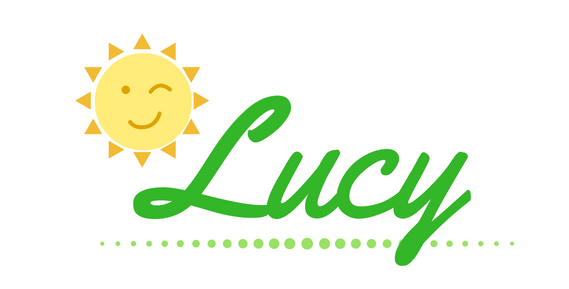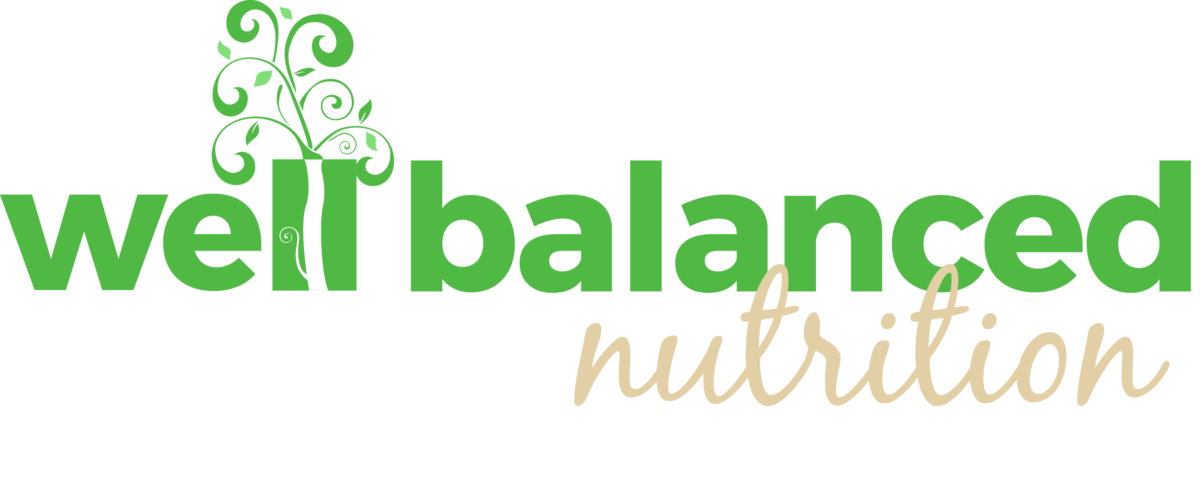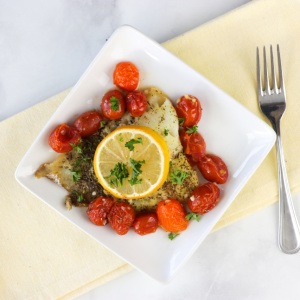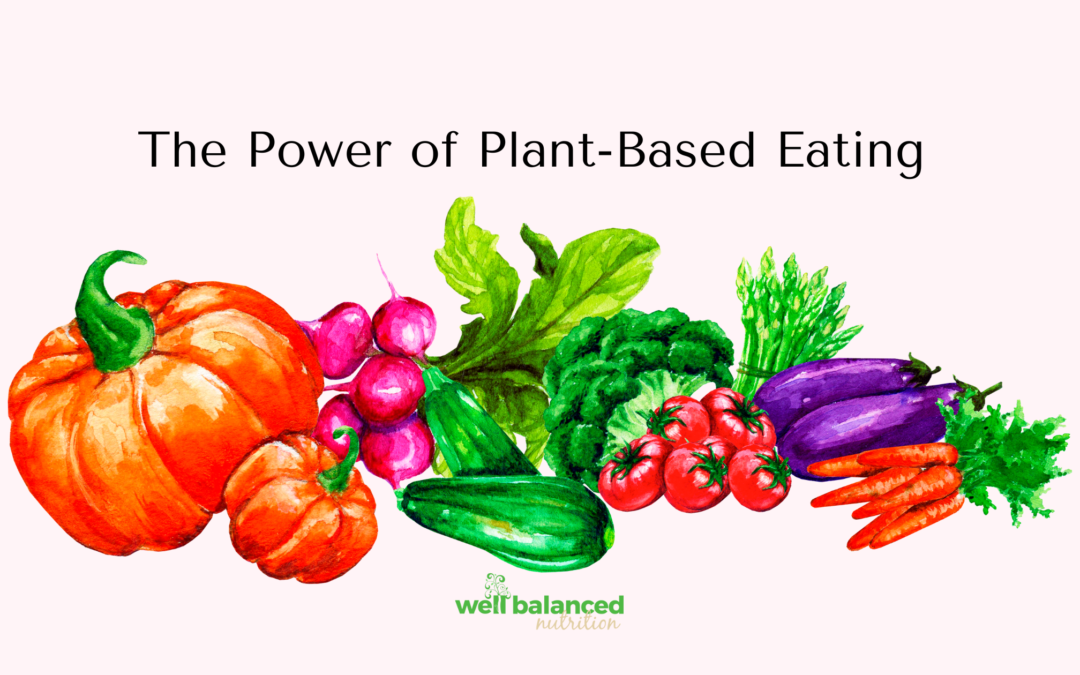In this workbook, I’ve learned we all have what the author, Dr. Cash, calls Private Body Talk. In our private body talk, we have stories running through our mind – often unconsciously – about how we look. He uses the word ugly, which I truly hope none of you are calling yourselves because you are uniquely beautiful. The book goes on to explain that we each have different triggers, assumptions, and beliefs about our body image. And why wouldn’t we… What with all the perfect flat tummies and perfect booties depicted on Pinterest, Instagram, and other social media outlets. I mean seriously, who are these people with perfectly sculpted abs?! We may think “what are they eating or doing to look that way?” Or “I need to get more strict about my diet so I can have a body like that too.”
Good news, there is a tool to help.
My favorite part of the workbook is the emphasis on mindfulness. It goes into a lot of detail on increasing our mindfulness specifically around body image stories. I modified an idea in the book and created a new tool to start to notice and address these negative body image stories. It’s the TTE method:
- Thought
- Trigger
- Emotional effect
First, is noticing the body image conversation or thought. Example: you look at a photo of yourself and think “Wow, look at that fat face.” Which may spiral into a barrage of negative thoughts about other aspects of your looks you do not like. The next step is to identify the trigger. In this case, it was looking at the picture. For many, simply stepping on the scale is the beginning of a downward spiral into self-sabotaging thought patterns. Such as, “why do I even bother? I’m always gonna be fat.” The last step is recognizing the emotional effect these thoughts have on you. It does not feel good or motivational when someone calls us mean names. That usually hurts and feels shameful. How is it different for you to speak like that to yourself? We’ve shared before how words matter. Whether spoken aloud or in our minds, these have a profound impact on our behaviors and choices.
Food for thought:
I don’t actually blame Pinterest for body image concerns; however, I recognize those pictures of all the perfect airbrushed bodies can lead to negative internal chatter. That’s when I choose to log off and get centered in my own truth:
“I value feeling good. I have a healthy mind and healthy body to match.”
What are your big triggers?
What’s your truth?
You are more than a number on the scale and you matter.
If you need someone to talk about body image or to make more healthy lifestyle changes, we are here to help. Just click here to start the conversation.




